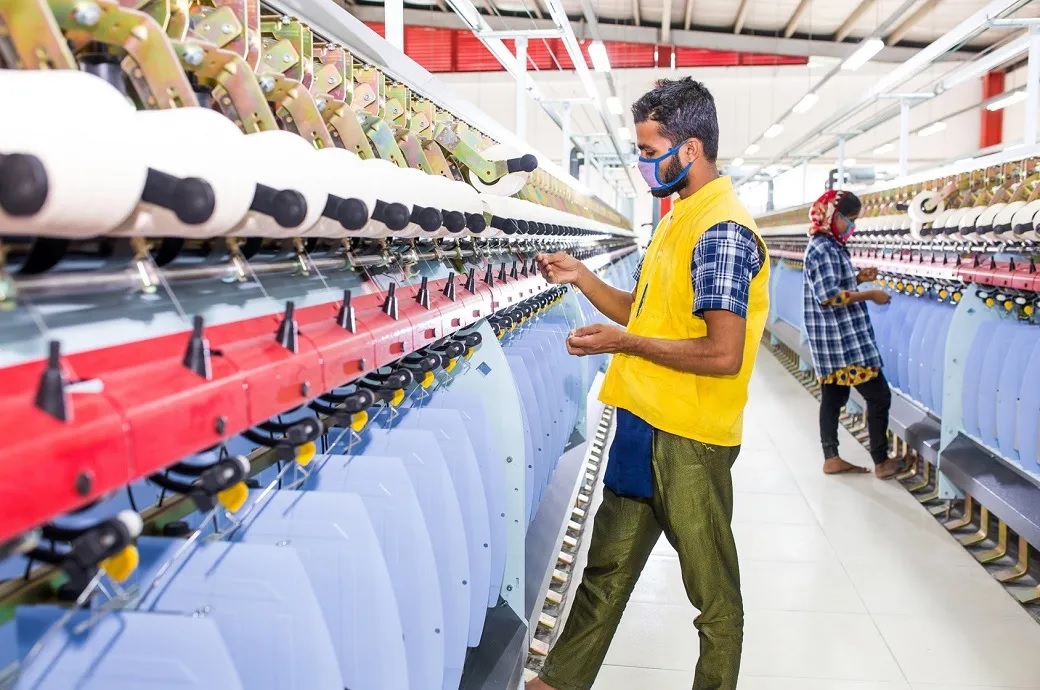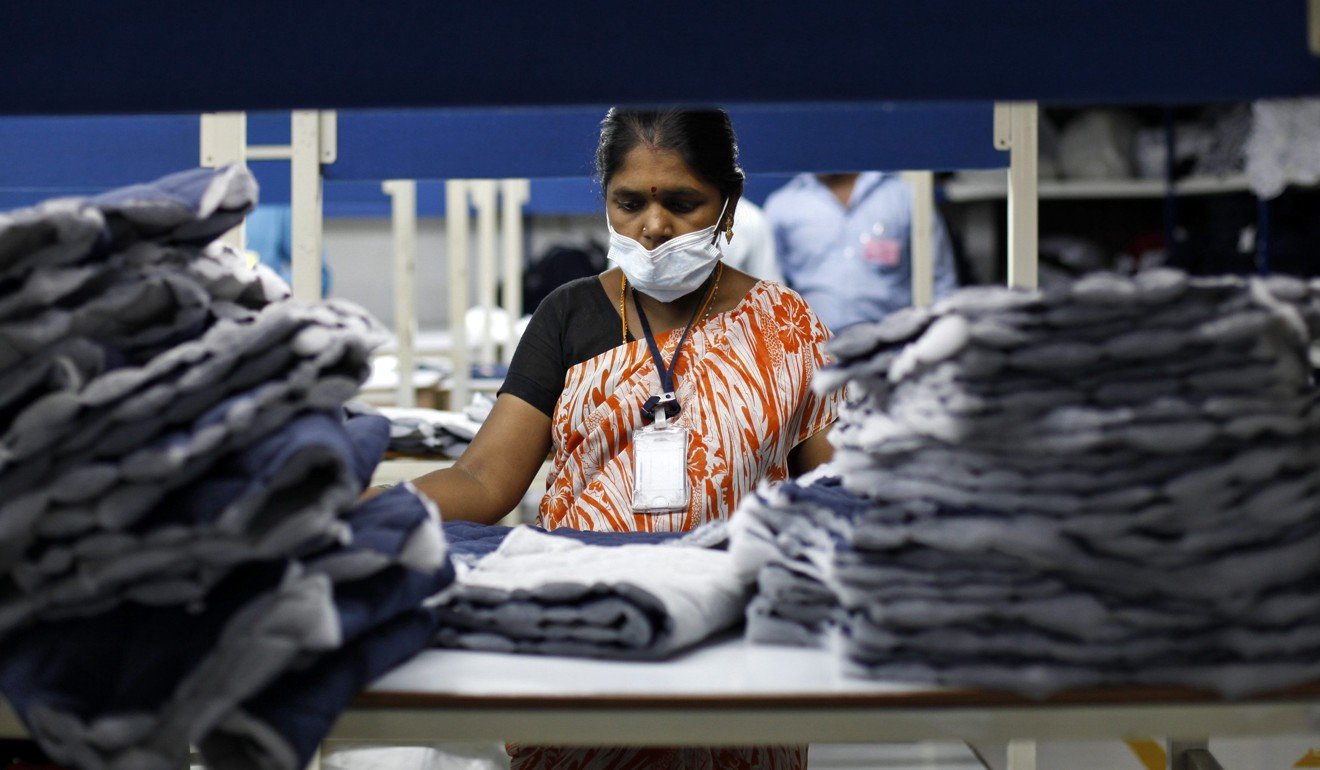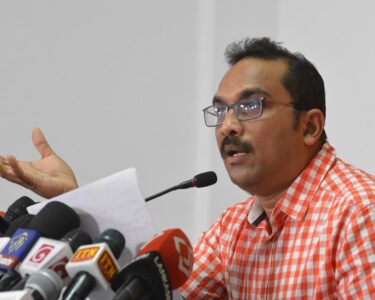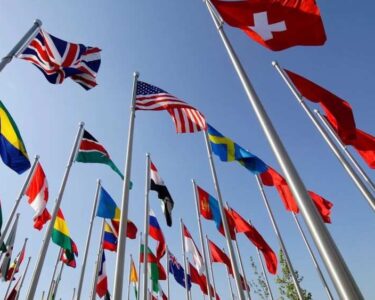Sri Lankan Apparel Giants Navigate Bangladesh’s Political Turmoil

Local businesses in Bangladesh, particularly Sri Lanka’s apparel giants MAS Holdings and Brandix, have largely weathered the recent political storm that unseated Prime Minister Sheikh Hasina. Despite the violence that swept across the nation of 171 million people, operations at their factories remain mostly unscathed, though concerns about potential disruptions to manufacturing and shipment schedules linger.
The chaotic scenes in Bangladesh echoed Sri Lanka’s own crisis in 2022, when then-President Gotabaya Rajapaksa fled the country amidst mass protests. Similarly, Prime Minister Hasina took refuge in New Delhi as the situation escalated. Nobel laureate and esteemed economist Muhammad Yunus has since been appointed to lead an interim government, tasked with stabilizing the nation ahead of elections expected within the next two to three years.
Comilla investment zone
Sri Lankan businesses operating in Bangladesh, including two chemical factories, were spared from the violence, according to reports from a buying office director in Dhaka. MAS Holdings and Brandix, which each operate two factories in the Comilla investment zone—about 100 kilometers from Dhaka—along with a design office for MAS, resumed operations after a brief suspension due to curfews.
Senior officials from both companies confirmed that while operations have restarted, they are not planning to relocate production back to Sri Lanka or elsewhere, despite the ongoing political instability. The immediate focus, they emphasized, is on managing delayed shipments and fulfilling overseas orders, which are critical for the apparel industry in Bangladesh, the world’s second-largest garment exporter.
Industry insiders acknowledged that no other location can currently match Bangladesh’s manufacturing capacity, making it essential to keep the apparel sector running, particularly given the large number of jobs it supports. While factories were shut down for over a week to ensure employee safety, they have since reopened, with the well-being of staff remaining a top priority.
Other Sri Lankan businesses with significant operations in Bangladesh, such as the JAT Group and Commercial Bank, are also closely monitoring the situation. A manufacturing company CEO noted that future decisions hinge on how quickly Bangladesh returns to a stable democratic process, though they do not anticipate major changes in the immediate future due to the country’s robust domestic demand.
Foreign banks, including Sri Lanka’s Commercial Bank, may actually see their credibility enhanced amidst the current instability, according to a senior banker. However, some multinational companies are rethinking further investments in Bangladesh, citing the recent turmoil as a significant deterrent. While immediate withdrawal is not on the cards, planned expansions are being put on hold as businesses adopt a wait-and-see approach.








